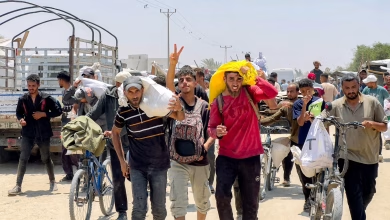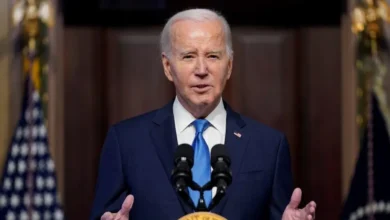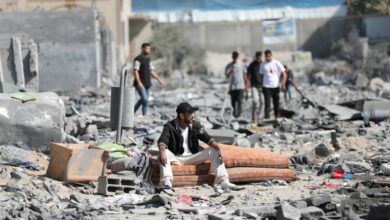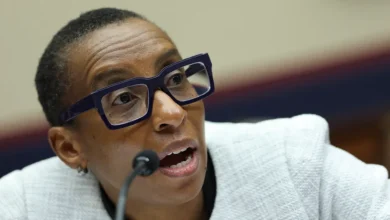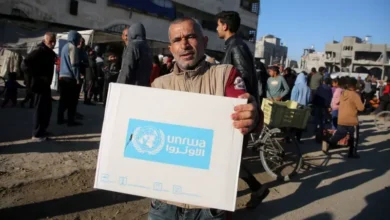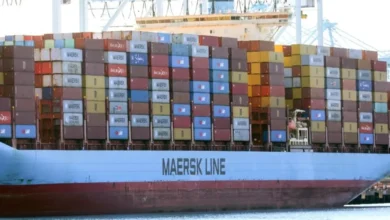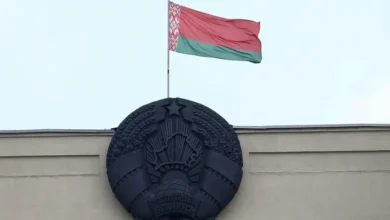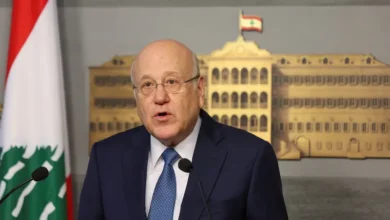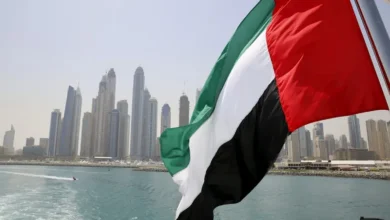Will Ethiopia and Eritrea be dragged into Sudan’s complex war?
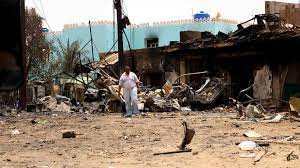
In the lead-up to the conflict between the Sudanese army and the paramilitary known as the Rapid Support Forces (RSF), both attempted to improve ties with neighbouring countries – the army with Ethiopia and the RSF with Eritrea.The first sign of warming ties between Ethiopia and Sudan occurred in January. That was when Ethiopian Prime Minister Abiy Ahmed visited Sudan and met army commander Abdel Fattah al-Burhan, the de facto head of state.
The two discussed the Grand Ethiopian Renaissance Dam, which Egypt fears could cut into its Nile water supply, and a border dispute over the fertile region of el-Fashaga.
Two months later, RSF leader Mohamed Hamdan “Hemedti” Dagalo was invited to meet Eritrea’s authoritarian leader, Isais Afwerki, to ostensibly speak about bilateral relations.
What was actually discussed behind closed doors is unclear.
“When you get two totally Machiavellian troublemakers in a room, the intricate combination of mischief can only be imagined,” said Alex de Waal, the executive director of the World Peace Foundation and an expert on the Horn of Africa.
After joining forces to fight in Ethiopia’s civil war against the Tigrayan People’s Liberation Front (TPLF), relations have soured between Abiy and Afwerki. The former inked a peace deal with the TPLF in November, much to the dismay of Afwerki, who sees the organisation as an existential threat, analysts said.
More recently, Abiy has called on Amhara armed groups, which also fought alongside government forces in the Tigray region, to integrate into the national army. The Amhara ethnic group, whose leading forces receive financial and military aid from Eritrea, have reacted by rebelling against the central government.
Now the brewing tensions in the wider Horn of Africa risks intermingling with the fighting in Sudan and creating a wider conflict.
